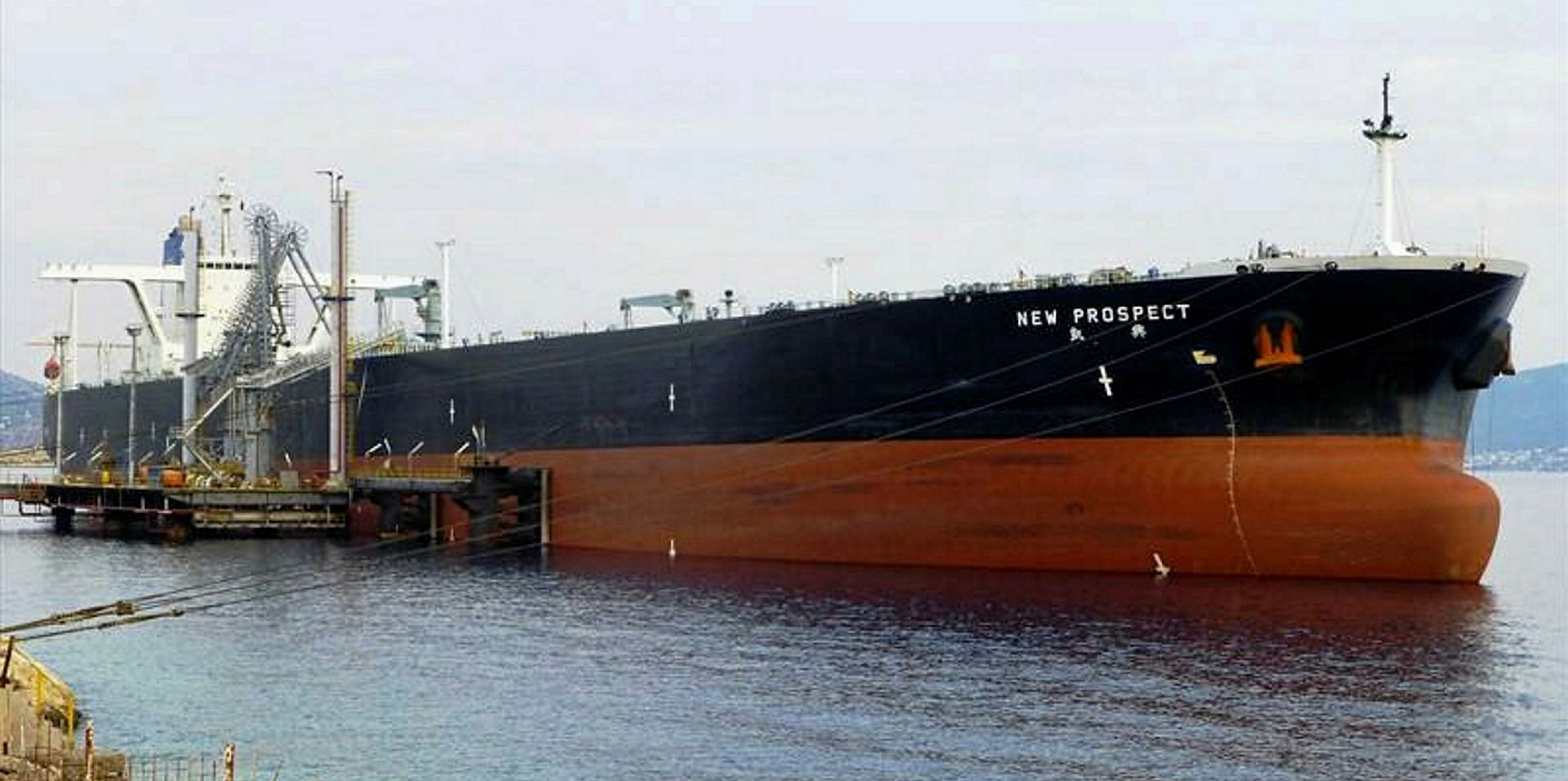Up to 200 VLCCs may be fixed to store crude this year as the Saudi Arabian oil glut changes the face of the tanker market.
This would remove nearly a quarter of the world fleet of 813 ships, inevitably boosting an already booming spot sector.
Fearnley Securities says it cannot rule out between 100 and 200 big tankers being booked over the next six to 12 months.
And it said some of these would be unlikely to return to the spot fleet even when the storage boom unwinds and the gap between spot and forward prices closes.
"Unlike the 2008/09 contango we also have a much less demanding supply base, with just 32 VLCCs delivering in 2021/2022 versus 111 in 2009/2010," analysts Espen Landmark Fjermestad, Peder Nicolai Jarlsby and Ulrik Mannhart said.
At least 30 time charter deals have been concluded in March, with potentially quite a few more going under the radar.
"In any event, owners have been able to put vessels away for 6-12 months at very attractive rates, supported by extreme floating storage economics," the analysts said.
Another wild day
Fearnley called Monday "just another wild day" in the tanker market as rates broke through Worldscale (WS) 200.
It is quoting VLCC rates from the Middle East Gulf (MEG) to South Korea at WS 205 or $214,800 per day.
This is up 9.5% from Monday, and 1,055% month on month.
A standard MEG to China journey of about 50 days can now bring up to $10m of free cash flow for an owner, the company added.
"Understandably, the S&P market is pretty quiet these days as values are hard to pinpoint in this environment, but for tanker equities cash flow is really what matters at the moment," Fearnley said.
Assuming second and third quarter VLCC rates of $100,000 per day and $65,000 per day, respectively, net asset values could rise by between 20% and 25%, the analysts believe.
TradeWinds reported International Seaways chief executive Lois Zabrocky as saying on Monday that oil could also be stored on LR2 and LR1 product tankers.
"This is something we have not seen in the 25 years I've been in the business," Zabrocky said.
She added that more than "two dozen" VLCCs had been booked likely for floating storage on charters ranging from six to 18 months, alongside a dozen suezmaxes and aframaxes.
"In April, we could temporarily be awash with up to 120m barrels per day of excess crude," she said.
"This really affects the whole refinery complex. The refiners are going to have to ramp down and the crude will have to store onshore and at sea."






